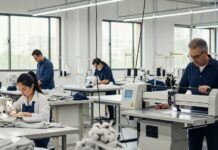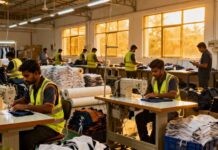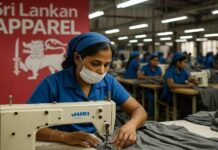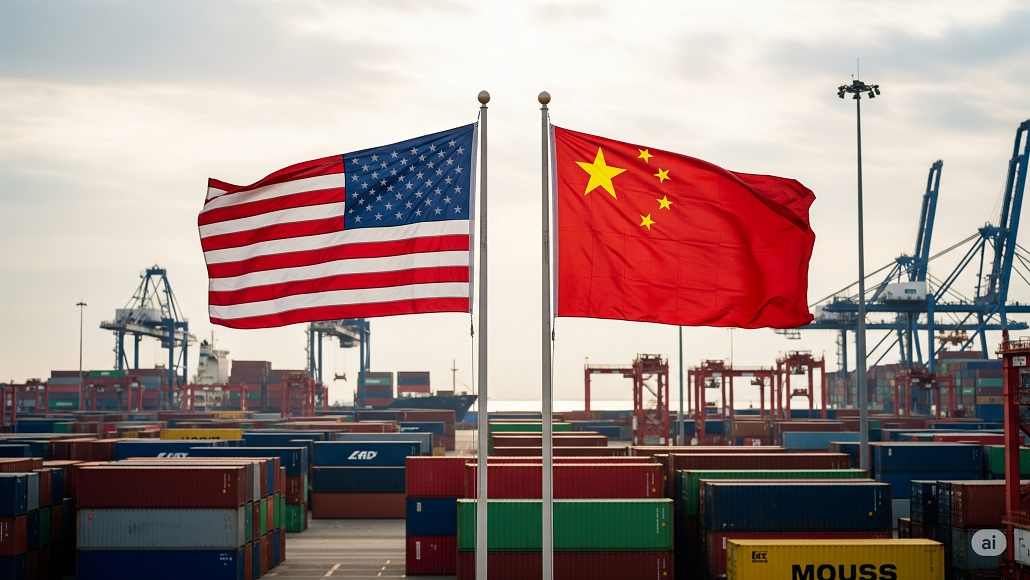The American Apparel and Footwear Association (AAFA) has expressed its response following President Trump’s recent executive order, which extends the temporary reduction of retaliatory tariffs on U.S. imports from China. This extension preserves the existing 30% tariff rate for another 90 days, pushing back the anticipated increase that was scheduled for August 12.
With this new arrangement, the tariff pause will be in effect until November 10, 2025, allowing imports of apparel and other products to continue at the current lower rates. The U.S. will maintain the 30% tariff on imports from China, while China will continue to apply a 10% tariff on American goods.
Steve Lamar, president and CEO of the AAFA, remarked, “We appreciate the administration’s ongoing discussions with China and the continued pause on increased tariffs, which will help prevent severe repercussions such as product shortages and business closures. Nonetheless, the recurring cycle of deadline extensions and ambiguous deal terms has left American businesses and consumers trapped in limbo since April 1. This ongoing uncertainty hampers innovation, strategic planning, and long-term growth.”
According to the U.S. trade association, the apparel, footwear, and accessories industries collectively employ 3.5 million workers nationwide. The effective tariff rate on footwear and apparel is significantly higher than that of other imports, exceeding them by more than five times.
While fashion-related imports represent about 5% of all U.S. imports, they account for over 25% of the total import duties collected in the country.
Lamar further urged the inclusion of a non-stacking provision in future agreements with China, similar to those established with Japan and the European Union. He emphasized, “Even with the delay of the highest tariff rates, a 30% tariff on our principal trading partner is still excessively high. We must remember that these tariffs pile on top of existing ones, including the nearly century-old Smoot-Hawley tariffs and the Section 301 tariffs. This stacking creates a situation of double taxation for hardworking American families on essential items like clothing and footwear.”
The AAFA’s plea follows extensive efforts by the association and various stakeholders pushing for reduced trade tensions and more equitable trade agreements. The group contends that the current tariff policies do not support U.S. manufacturing within the textile and apparel industries, nor do they benefit the 3.6 million American workers engaged in this sector.
Moreover, a pressing deadline is approaching for crucial trade preference programs; without action from Congress, both the African Growth and Opportunity Act (AGOA) and the Haiti HOPE/HELP programs are set to expire on September 30.

































